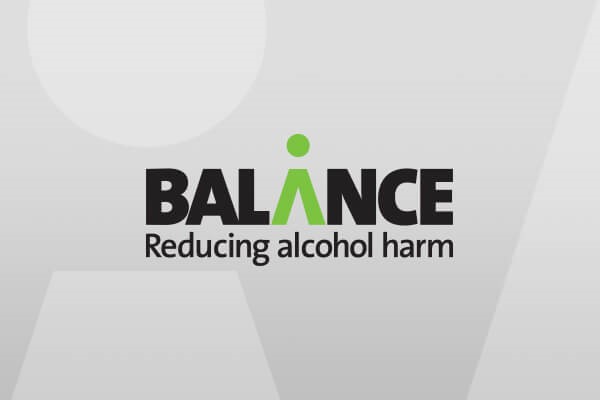The risks of regular drinking to be x-plained across the region
Shoppers across the North East will be given x-ray vision to see the hidden damage drinking alcohol daily or almost daily could be doing to their internal organs.
Research, carried out by Balance, the North East Alcohol Office, has revealed that two in five people across the region are drinking at or above the Government’s recommended limits on a daily or almost daily basis. This could be storing up future health problems.
The limits are 2-3 units a day, or roughly a standard glass and a half of wine, for a woman and 3-4 units, or about two pints of regular strength beer or lager, for a man.
Scientific evidence suggests that:
- men who regular drink more than the recommended limits could be four times more likely to have high blood pressure
- women who regularly drink more than the recommended limits could be three times more likely to suffer a stroke
- men and women who exceed these limits could be up to five times more likely to develop cancers of the mouth and throat.
Last month, Balance launched its ‘Drinking causes damage you can’t see’ campaign to raise public awareness of these recommended limits and the risks of drinking at or above these limits on a daily or almost daily basis. It is also seeking to increase understanding of alcohol units.
As part of the campaign, Balance will be at various shopping centres and attractions from Saturday 19th February to Sunday 27th February to encourage the region’s residents to drink within the recommended limits and reduce their risk of alcohol-related conditions.
Nonnie Crawford, Director of Public Health for Sunderland at NHS South of Tyne and Wear, said: “Drinking alcohol above the recommended levels puts people at greater risk of developing a range of serious health conditions, including mouth, throat and breast cancer, stroke and liver disease.
“Locally we know that both young people and adults are regularly drinking to excess – i.e. more than the known safe, sensible limits. Our GPs and hospital consultants tell us regularly that they are seeing more people of all ages admitted as a result of both acute binge drinking and long term chronic drinking habits.
“We are working hard to ensure people are aware of the damage they do to their body through regular excessive drinking and making sure services are in the place for people who need support.
“We would urge anyone who regularly consumes alcohol to keep a track on how much they are drinking and not exceed the recommended limits.”
North Tyneside’s Elected Mayor, Mrs Linda Arkley, added: “We welcome this initiative by Balance which can help people make informed choices about their drinking habits and reduces the serious risks.
“The damage that excess alcohol causes to an individual has an impact on the lives of themselves and their families, increases demand on public services and can also have an impact on the wider community when it affects the way they behave.”
Shoppers will come face to face with a life sized x ray of a human body and shown the places where alcohol-related diseases such as strokes, heart attacks, dementia, as well as mouth, throat and liver cancer could strike.
Members of the Balance team will be on hand to offer advice and hand out information. The campaign is being supported by regional advertising across TV, radio and press as well as on-line and on public transport.
Colin Shevills, Director of Balance, the North East Alcohol Office, explained: “We know the majority of people across the region understand that drinking alcohol is linked to health conditions such as liver and heart disease.
“However, they may not appreciate that most people who suffer from health problems because of their drinking are not alcoholics or binge drinkers but those who drink every day, or almost every day, over a number of years.
“Many suffer few immediate consequences, but over time it takes its toll. In the North East, too many of us are drinking more than we should on a regular basis. At the same time, rates of death from alcohol related liver disease are increasing and alcohol specific hospital admissions are higher than the national average.”
He said that key to reducing the health risks is drinking within the recommended daily limits for alcohol.
“It’s easier to stay within the limits when you keep track of how much you are drinking,” he added.
“People are often surprised to find out how much they drinking on a daily or almost daily basis as it is fairly common for us to underestimate how much we consume. Keeping a drinks diary is a perfect way to take stock and is a first step towards living a healthier life.”
The ‘Drinking causes damage you can’t see’ campaign will run until the end of the month. It is encouraging North Easterners to call 0191 261 3803 or visit www.balancenortheast.co.uk/harm to find out more and request a free information booklet.
